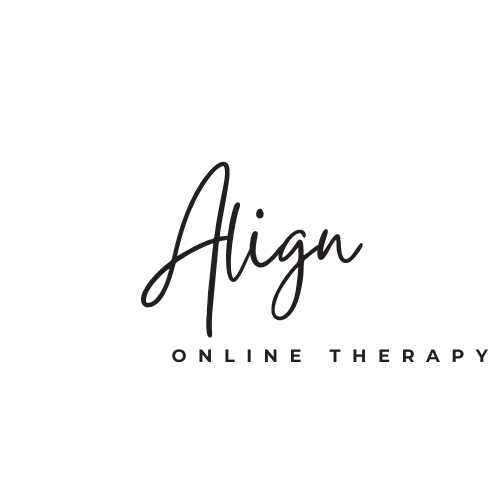Why your support system could be the missing piece in your healing from depression, anxiety or eating disorder
It takes a village.
How many times have you heard some variation of that phrase? It’s a common refrain - usually tossed around by friends and family to caregivers when they’re responsible for younger children. It’s a phrase that dates back generations. For civilizations, people have been healing, growing, learning, celebrating, and grieving in communities. The notion of sitting in a circle sharing stories and experience - seeking guidance and wisdom from others - is not a new one, and is not one unique to therapy. Yet in our increasingly modern society, where we have become accustomed to doing most things independently or even alone, it’s easy to forget the importance of a support system.
If you’ve ever felt overwhelmed, unsure of what to do next, or stuck in your own recovery, think back to the phrase It takes a village, and apply it to your own life. Think about how much you have already been able to accomplish alone. Now think about how much more you could accomplish with the support of others. It’s not then surprising that your own healing also likely requires community and support.
I invite you to invite others into your recovery process.
In this article, we will explore the significant role that a support system in aiding you in your journey towards healing from your eating disorders or to cope with an increase in anxiety, depression, or any life-stressor. By fostering understanding, empathy, and connection, a robust support system you can feel more empowered to navigate your challenges, enhance your well-being, and build a brighter future.
If you find yourself motivated but unable to figure out the next steps, try using any of the following strategies.
1. Emotional Support
Therapy is primarily an individual experience that most often involves only you and your therapist; usually you seeking help, guidance, and support from a professional. When my clients come to see me for help healing, they often believe their work is theirs, and theirs alone. Friends, family, mentors, and support systems can provide a safe space for you to express your feelings, fears, and struggles. Sharing experiences and emotions with trusted individuals alleviates the burden of isolation, reducing the sense of loneliness that often accompanies your struggles. Emotional support helps foster self-acceptance and self-worth, enabling you to develop a positive mindset and build resilience.
2. Encouragement and Motivation
Healing from an eating disorder, anxiety, or depression can be an uphill battle, requiring sustained effort and motivation. Therapy is a deeply personal experience and can be an important tool to help you understand yourself and your world more clearly. Alone, you might lose perspective because it’s easy for anyone to get lost in the chaos felt in the moment.
A robust support system plays a pivotal role in providing encouragement and motivation throughout this journey. Find the loved ones in your life who:
Offer you words of affirmation
Remind you of your strength and progress
Regularly check in with you
Celebrate your milestones
Remind you of the positive impact their recovery has had on your life
All of the above can help continually fuel your determination and boost your self-esteem. The unwavering support and belief from others can make a significant difference in your ability to persevere and maintain hope during challenging times.
3. Practical Assistance
As stated earlier, therapy can be a major factor in healing but there are some limitations to the therapist-client relationship that may prevent your therapist from being with you every step of the way. The good news is that your support system can usually provide you the practical assistance can be essential for some emerging adults on the road to recovery. This can involve helping you:
Find the best therapist or treatment option for your lifestyle
Accompany you to therapy or support group sessions
Assist you with daily needs such as answering phone calls outside business hours and helping you remember what really happened during a shared experience
By lending a helping hand, support systems can provide you a sense of stability and security, enabling you to focus on your healing journey without being overwhelmed by logistical challenges. Practical assistance reinforces the notion that you do not have to face your struggles alone, fostering a sense of belonging and empowerment.
Learn more by visiting these resources:
Mental Health First Aid: The Importance of a Support System
Highland Springs Clinic: The Importance and Benefits of a Support System
Read more articles written by Molly by clicking her name below



